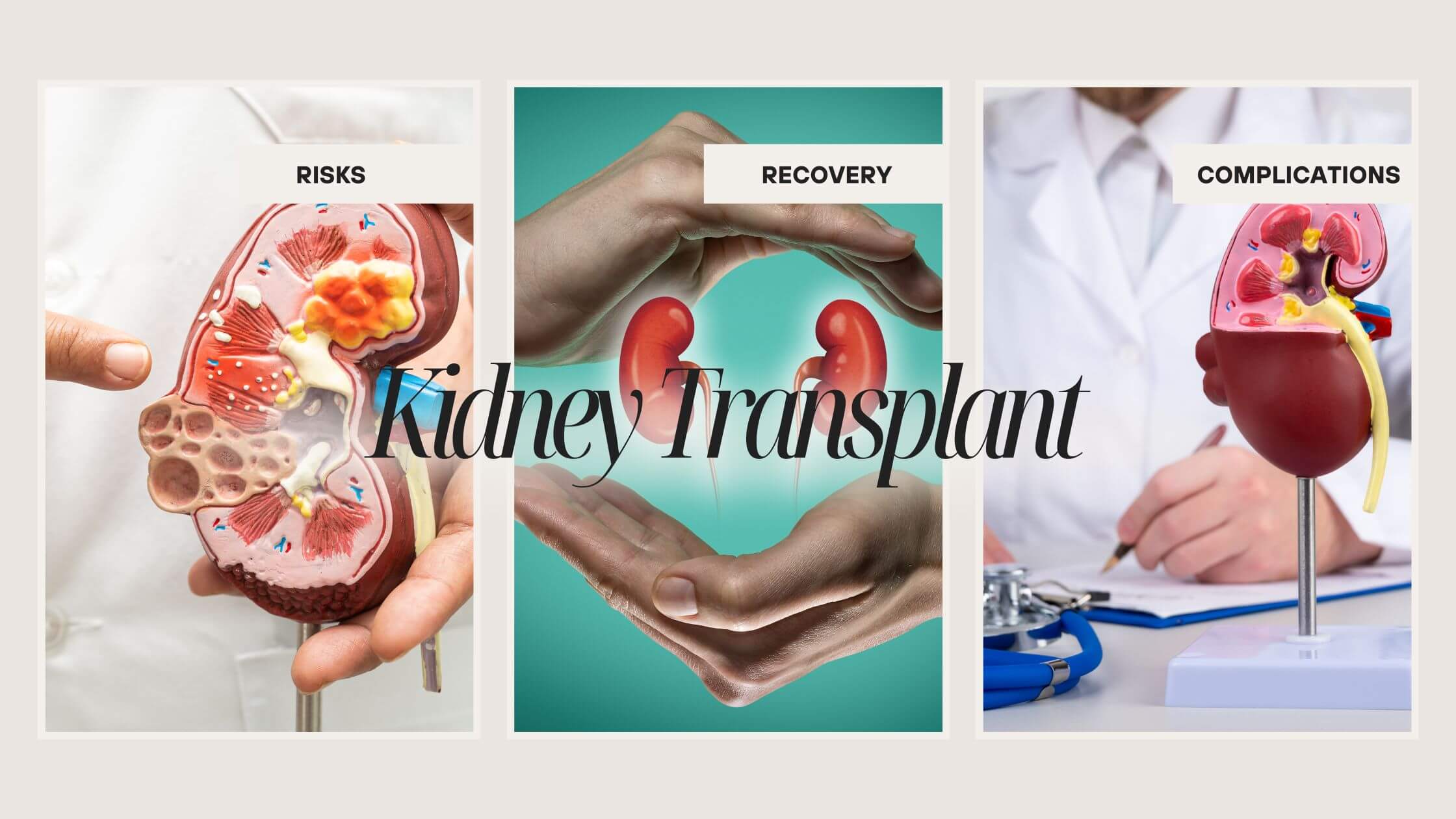Address
1st floor B Wing Dinath Terrace Lady Jamshedji Road Landmark : Opposite City Light Theatre, , Mahim, Mumbai, Maharashtra 400016
Work Hours
Mon to Sat: 3PM - 7PM

A kidney transplant can be a life-saving procedure for individuals with end-stage renal disease. However, it’s essential to understand the potential risks, recovery process, and complications before making a decision. This comprehensive guide will provide you with valuable information to help you make informed choices.
Deciding to undergo a kidney transplant is a significant step. Several factors influence this decision, including the severity of kidney disease, overall health, and the availability of a suitable donor. It’s crucial to weigh the potential benefits against the risks involved.
Before undergoing a kidney transplant, you will undergo a thorough evaluation to assess your overall health and determine your suitability for the procedure. This evaluation typically includes:
Kidney transplant procedures involve surgically implanting a donor kidney into the recipient’s body. There are two primary methods for obtaining the donor kidney:
The recipient surgery involves placing the donor kidney in the lower abdomen, connecting the blood vessels and ureter to the recipient’s body.
Recovering from a kidney transplant is a gradual process that requires patience and self-care. The initial recovery period involves:
While most kidney transplant recipients experience successful outcomes, there are potential complications to be aware of:
Disclaimer: This information is intended for general knowledge and informational purposes only and does not constitute medical advice. Always consult with a qualified healthcare professional
for any medical questions or concerns.

